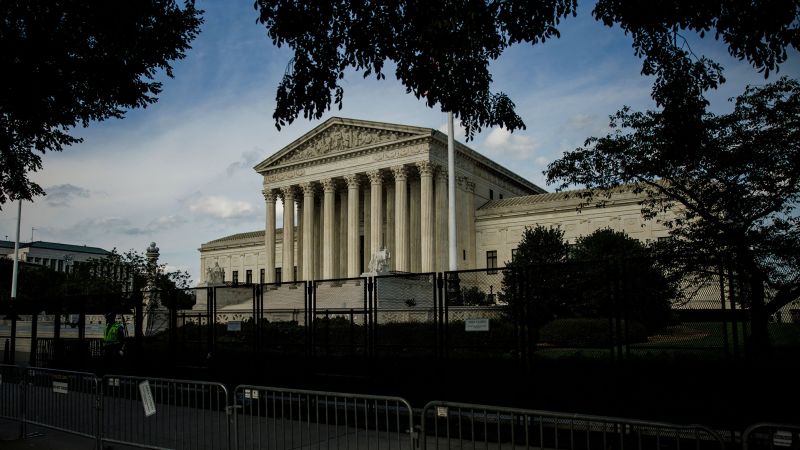FJAG
Army.ca Legend
- Reaction score
- 13,664
- Points
- 1,160
(CNN)The US Supreme Court said in a 5-4 ruling Wednesday that state agencies are not immune from private lawsuits under a federal law meant to protect employment rights of returning veterans.
The ruling will strengthen work protections for thousands of state-employed veterans returning to work after service in the Reserves or National Guard.
The outcome is a victory for Le Roy Torres, a veteran and former employee of the Texas Department of Public Safety. He told the agency that he could no longer serve as a state trooper and sought a comparable job to accommodate his service-related disability. When he was denied the job, he filed suit under federal law but lost in state courts. He appealed the decision to the US Supreme Court.
Justice Stephen Breyer wrote the majority opinion, joined by the other liberals as well as Chief Justice John Roberts and Justice Brett Kavanaugh. ...
...
The ruling could affect thousands of active and reserve service members nationally who work for state agencies. Lower courts have split on the issue of whether Congress had the power to authorize such private lawsuits.
The federal government argued that a ruling that gives immunity to states in this area could damage the federal government's ability to fill military ranks and defend the nation. ...

Supreme Court says states can be sued for discriminating against veterans | CNN Politics
The US Supreme Court said in a 5-4 ruling Wednesday that state agencies are not immune from private lawsuits under a federal law meant to protect employment rights of returning veterans.www.cnn.com
Interestingly the division of powers in Canada parallels that of the US re the military. It could mean that a strong Federal job support legislation for reservists in Canada could be upheld by the courts in a division of powers dispute. The four dissenting judges' opinion would have less weight in Canada because our division of powers favours the central government rather than "States rights".


